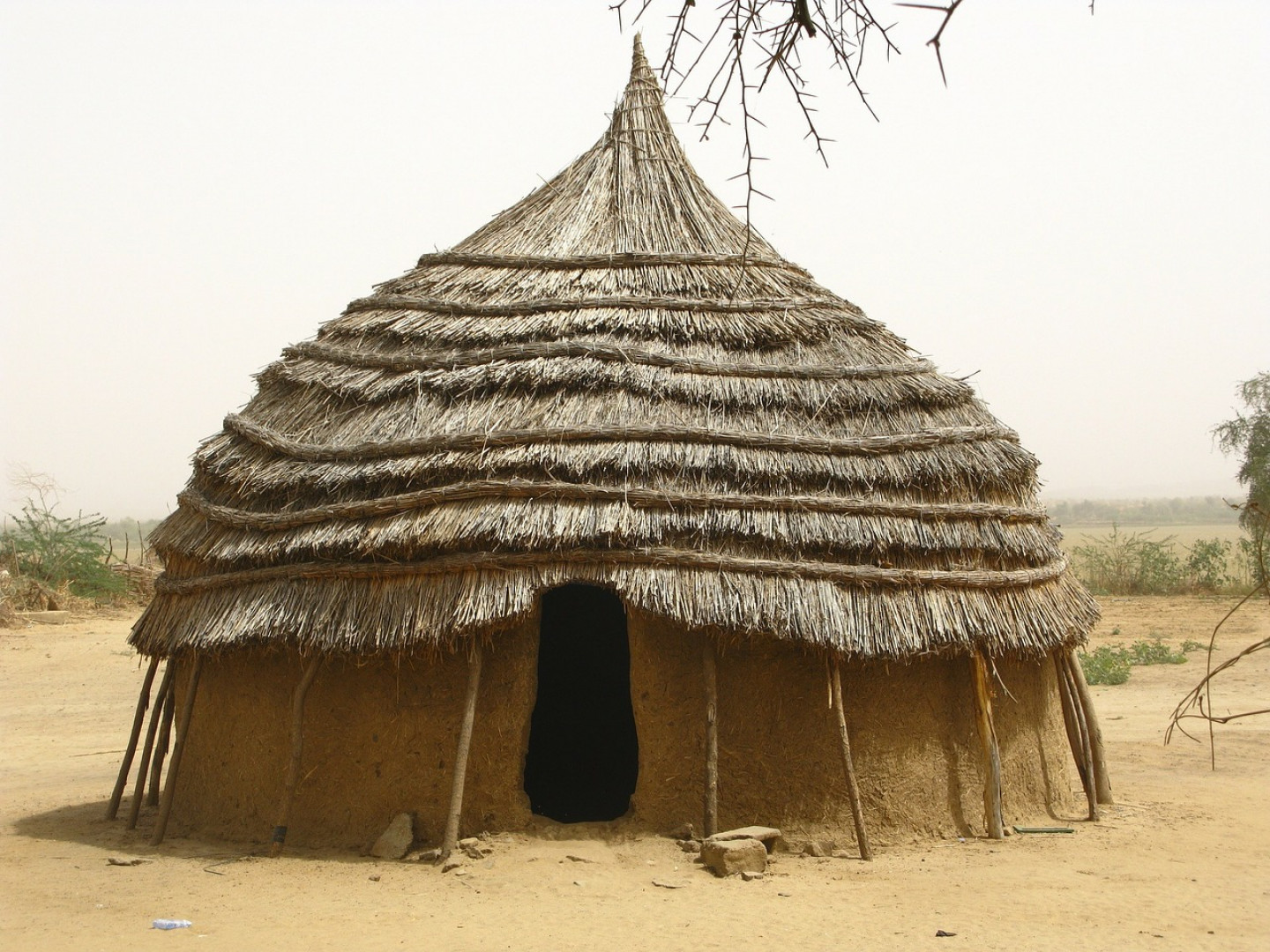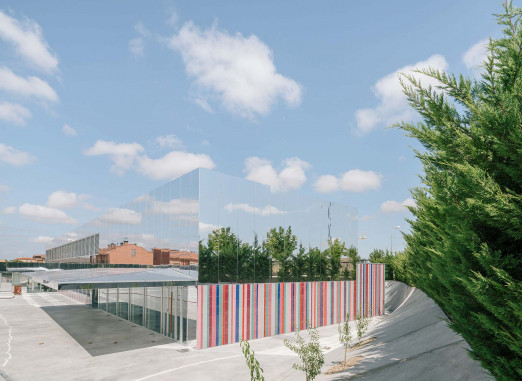Researchers at the University of Bath have developed a geopolymer-stabilized soil-based building material that could provide people in developing countries with strong and durable housing.
The UN Department of Economic and Social Affairs has estimated that by 2050 there will be 9.4 billion people on the planet. Consequently, there is an ever-growing need to develop sustainable housing solutions which meet various social and cultural needs.
The team at the Department of Architecture & Civil Engineering added 5-10% sodium hydroxide to natural soil which created a robust cement-like material. Sodium Hydroxide is a common chemical in household cleaning products and when added to soil, a geopolymerization process occurs whereby the clay within the soil is transformed into a geopolymer with a glue-like consistency.
The geopolymerization reaction makes the soil stronger, more durable and water-resistant. The material can be fired at 80°C making the bricks environmentally friendly as the process produces fewer carbon emissions.
This research is the key to developing sustainable housing around the world, as an average family home could be built from 10 tonnes of the soil. The project is currently being developed with the Indian Institute of Science in Bengaluru. To view more about it click here


